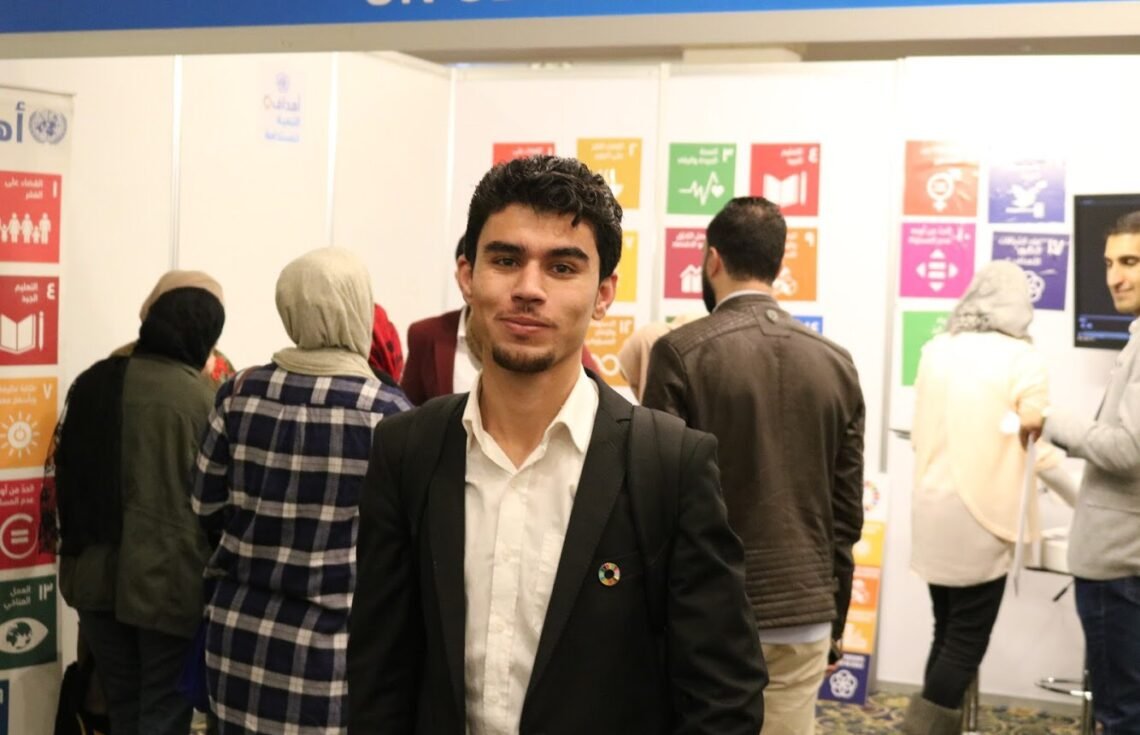
How Refugees Are Building Solutions, Not Just Seeking Them
For years, the global narrative around refugees has focused on what they lack homes, safety, documents, resources. But that’s only one side of the story. The other side is rarely told: refugees as builders, leaders, creators of solutions not just seekers of aid. As someone who comes from Syria and has lived as both a witness and participant in this journey, I’ve met countless refugees who didn’t wait for help. They built startups in camps, launched schools in basements, created apps for language learning, and offered services where governments couldn’t. These are not exceptions. These are the norm.
I’ve worked closely with refugee entrepreneurs who took their pain and turned it into purpose. Some developed medical platforms for undocumented patients. Others created sustainable fashion businesses using recycled materials. They didn’t ask for sympathy they asked for partnership. They didn’t beg for seats—they built their own tables.
Refugees are often portrayed in media as helpless, dependent, or lost. But this is a gross misrepresentation. Many of the most inspiring changemakers I know come from refugee backgrounds. Their ability to adapt, to solve problems with limited resources, and to lead with empathy is something we should all learn from. They understand the urgency of action and the value of dignity in ways that many established systems have forgotten.
When I attend events or conferences, I make it a point to bring these stories with me. Because it’s easy to talk about solutions in theory. It’s harder to acknowledge that many of those solutions are already being builtjust not by the people you might expect. If we want true progress, we need to listen, to invest, and to believe in those who are too often dismissed. Refugees are not a burden they are a resource. They are a wellspring of ideas, energy, and resilience. And they are already changing the world.




